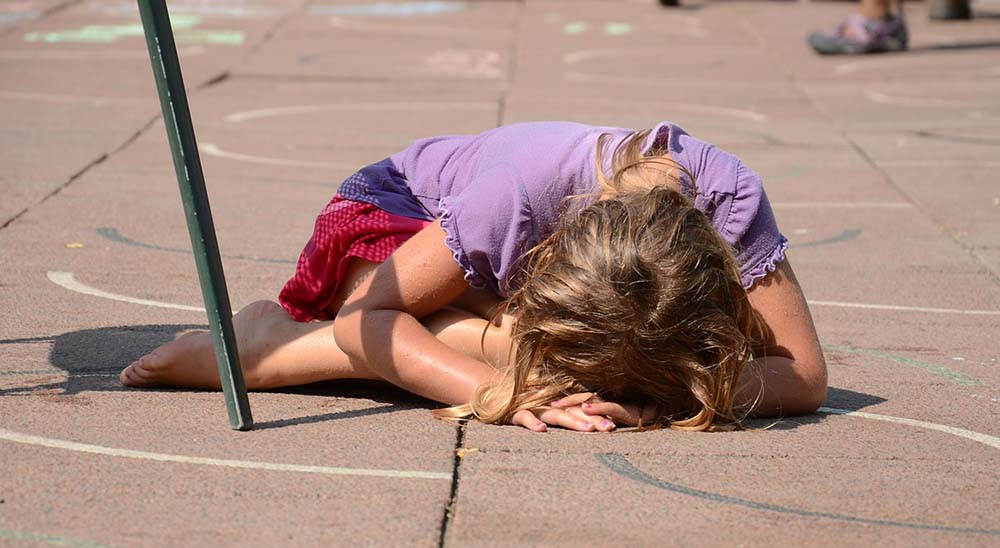This article is an extension of the article titled ‘Dealing with Loss’. This one addresses grief and loss as experienced in the context of children. How children understand loss and death as well as ways that adults can assist in providing a smooth transition.
Unlike adults, children do not have the skill of abstract thinking developed yet. So, their understanding of abstract concepts like honesty, friendship, death are not adult like. There are some things that children must be capable of understanding, before we can expect them to understand the concept of death and loss.
- Firstly, that some things are irreversible. This is a little challenging for much younger children since when a thing breaks, we can replace it with something else.
- Secondly, children progressively understand that when someone dies, their body and it’s parts, ceases to function and therefore they stop “being”.
- Thirdly, that everyone dies at some point in their life. However, when kids begin realising this, it isn’t uncommon for them to feel afraid or uncertain as well as vulnerable. So, as adults we need to explain to the unlikeliness of a young person dying (although it is very possible- simple reasons for this can be given). We can use his opportunity to discuss ways to keep themselves and their families safe.
Due to these underdeveloped thinking abilities at their age, we as adults can understand how frustrating and challenging it might be for children to grieve. It is particularly hard to explain a child a loss of one of their friends or close family members. As adults we must try our best to be as honest with them, but keeping in mind their ability to understand.
Children are often very open to ask questions freely. We must encourage that and give them appropriate information, rather than making it a hush hush topic. A great activity which I have found very effective with both children and adults is to make a card/ write a letter for the deceased person. Any unsaid things, feelings, memories can be articulated, and I have found it to help the grieving process.
Please remember, if you notice your child finding it difficult to grieve or cope with loss, or if you are finding it hard to help them through it, please seek help of a Counselling Psychologist at the earliest. It is okay to ‘ImPerfect’ but it is essential to put our own and our children’s Mental Health first! Liked this post?… read on for other interesting blogs on balancing your ‘Mental Health vs. Physical Health’


Thank you for the article.
Thank you for the work shop too that you had for the kids. I heard that they made lovely cards in memory of their dear friend.
Lovely post
I’m sharing with some people who can use it 👍